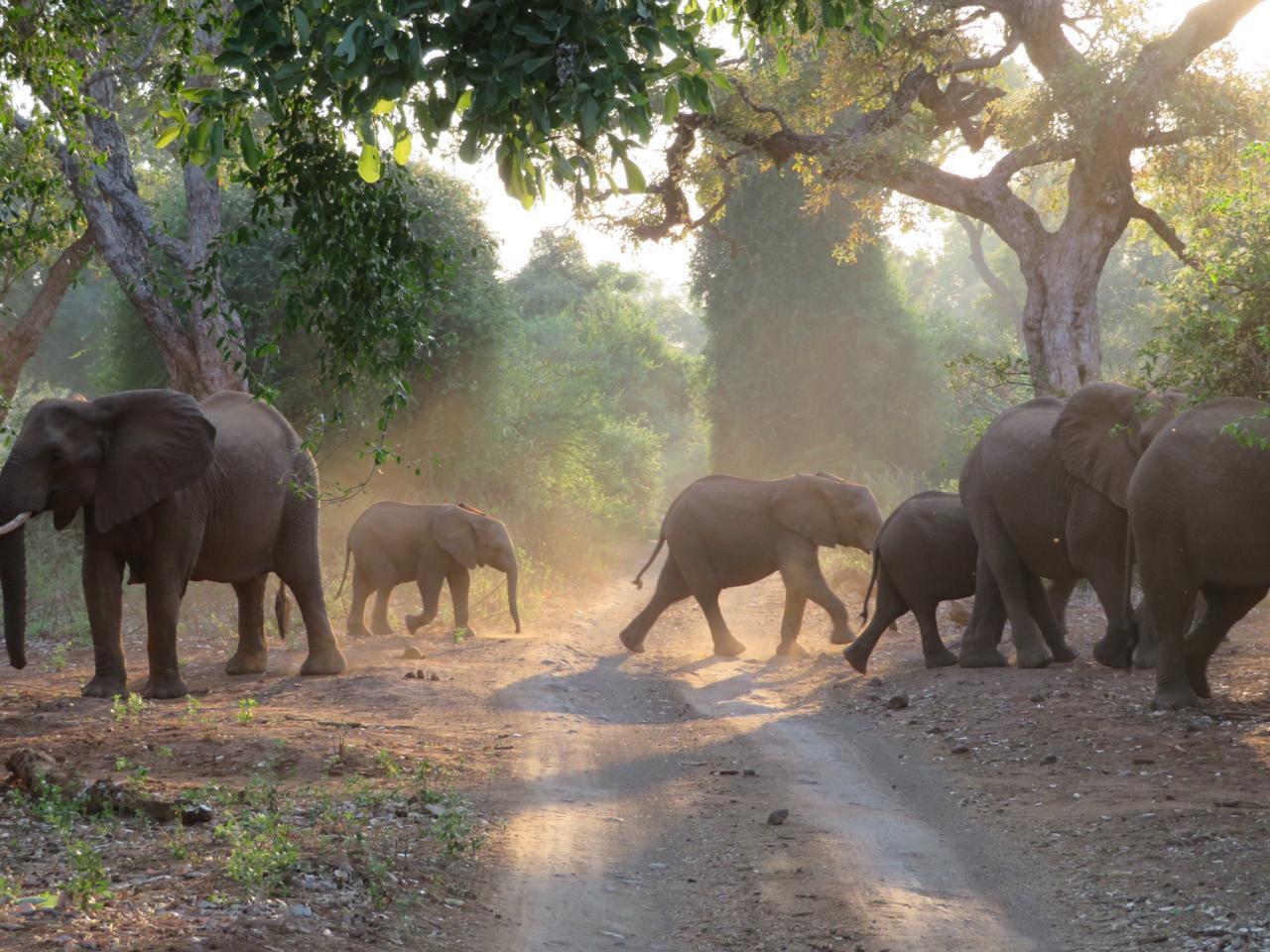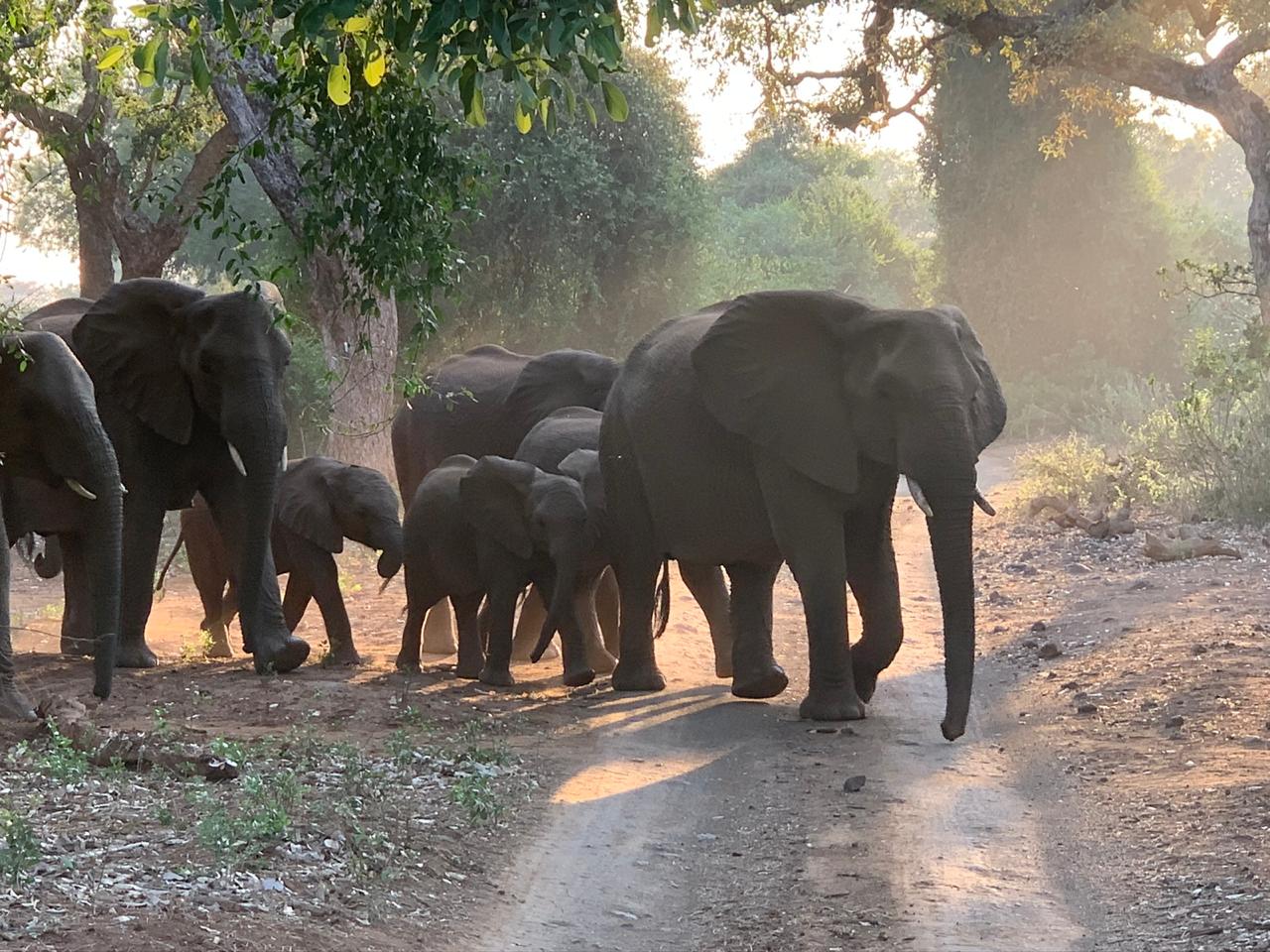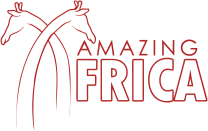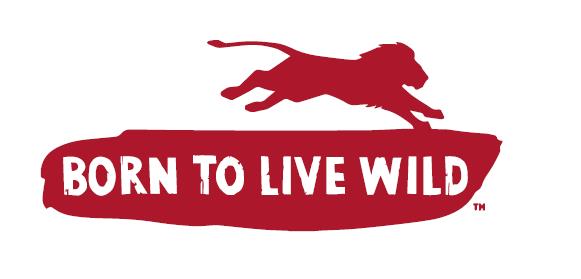Makuleke Concession in the Pafuri region – a secret escape!
- by Jana Meyer
- •
- 08 Nov, 2020
- •
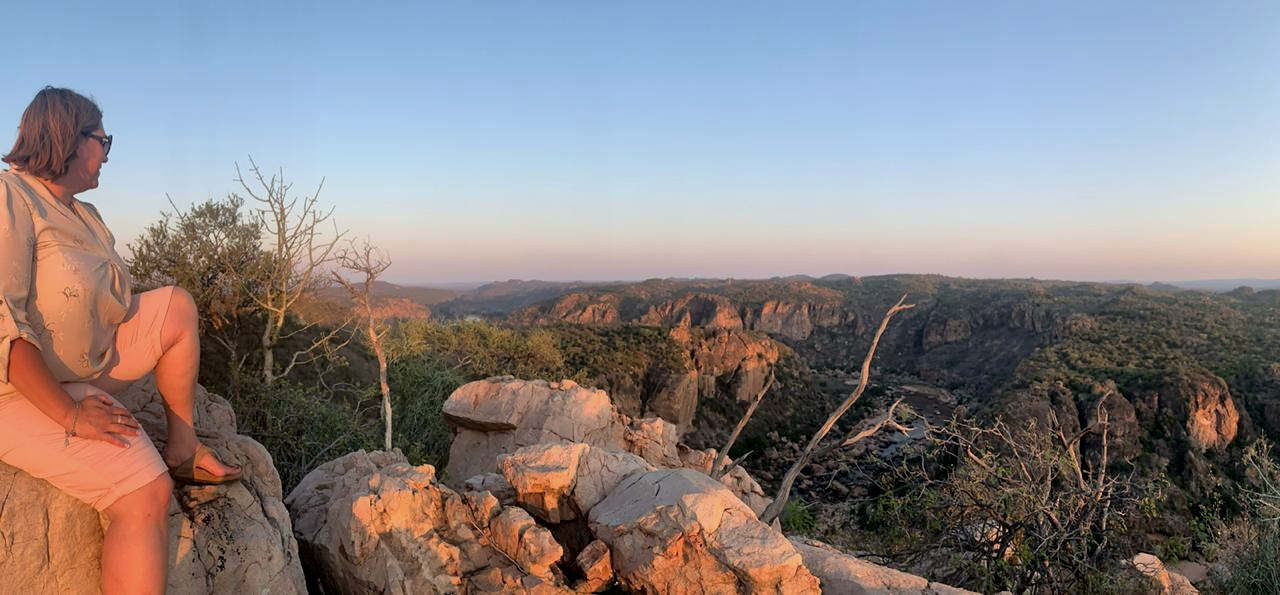
Makuleke Concession Pafuri –
the region with the greatest biodiversity of the entire Kruger
The Makuleke region in the Pafuri Triangle is home to a remarkable geological and natural heritage that makes this region one of the most special in Africa. The "triangle" is created by two major rivers: the Limpopo, which has its origin in the Angolan highlands more than 65 million years ago. And the powerful Luvuvhu River, which is still actively making its way through the changing landscape today.
The name Pafuri is Tsonga and was given by Mphaphuli, a powerful clan chief of the Venda who once ruled this region.
Within the Pafuri area is the Makuleke Concession, the ancestral home of the Makuleke people and the most diverse and scenically attractive area in the Kruger National Park. The Makuleke Concession is not accessible to the ordinary tourist visiting the park. This area belongs to the Makuleke community, who were removed in 1968 due to the Apartheid (read more about it below).
This jewel of the northern Kruger National Park is one of the best-kept secrets, with amazing landscapes that are largely unexplored and a biodiversity like no other. South Africa’s Makuleke people are a brilliant example of how local communities can benefit from tourism. Two luxury eco-lodges now stand on the 24 000 hectares that the Makuleke people regained after being dispossessed during Apartheid, and the community has used the income generated to improve their lives.
The area is remote, doesn’t see many tourists and is so able to offer guests a very authentic experience. The biological diversity is stunning - from the Mopane bush over the Fever Tree Forest and the famous Baobabs. The Makuleke is definitely not short of baobab trees, which thrive in the basalt soils and dry, hot conditions. The baobabs give the Makuleke the feel of an ancient African landscape. Some of the bigger trees are more than 4.000 years old.
Did you know it's almost a mecca for bird watching enthusiasts? Makuleke arguably offers some of the best birding in South Africa with rare species (Pel's fishing-owl, black-throated wattle-eyed, orange-winged pytilia, African crowned eagle and racket-tailed roller) that can’t be found elsewhere in the country. This area is certainly the wildest and most remote part of the Kruger National Park (the border triangle of South Africa, Zimbabwe and Mozambique forms a natural bottleneck for the migration of all creatures from north to south and back and thus a unique ecological region) and offers varied vegetation and indeed great wildlife viewings and is filled with folklore of early explorers and ancient civilisations.
The Makuleke region in the Pafuri Triangle is home to a remarkable geological and natural heritage that makes this region one of the most special in Africa. The "triangle" is created by two major rivers: the Limpopo, which has its origin in the Angolan highlands more than 65 million years ago. And the powerful Luvuvhu River, which is still actively making its way through the changing landscape today.
The name Pafuri is Tsonga and was given by Mphaphuli, a powerful clan chief of the Venda who once ruled this region.
Within the Pafuri area is the Makuleke Concession, the ancestral home of the Makuleke people and the most diverse and scenically attractive area in the Kruger National Park. The Makuleke Concession is not accessible to the ordinary tourist visiting the park. This area belongs to the Makuleke community, who were removed in 1968 due to the Apartheid (read more about it below).
This jewel of the northern Kruger National Park is one of the best-kept secrets, with amazing landscapes that are largely unexplored and a biodiversity like no other. South Africa’s Makuleke people are a brilliant example of how local communities can benefit from tourism. Two luxury eco-lodges now stand on the 24 000 hectares that the Makuleke people regained after being dispossessed during Apartheid, and the community has used the income generated to improve their lives.
The area is remote, doesn’t see many tourists and is so able to offer guests a very authentic experience. The biological diversity is stunning - from the Mopane bush over the Fever Tree Forest and the famous Baobabs. The Makuleke is definitely not short of baobab trees, which thrive in the basalt soils and dry, hot conditions. The baobabs give the Makuleke the feel of an ancient African landscape. Some of the bigger trees are more than 4.000 years old.
Did you know it's almost a mecca for bird watching enthusiasts? Makuleke arguably offers some of the best birding in South Africa with rare species (Pel's fishing-owl, black-throated wattle-eyed, orange-winged pytilia, African crowned eagle and racket-tailed roller) that can’t be found elsewhere in the country. This area is certainly the wildest and most remote part of the Kruger National Park (the border triangle of South Africa, Zimbabwe and Mozambique forms a natural bottleneck for the migration of all creatures from north to south and back and thus a unique ecological region) and offers varied vegetation and indeed great wildlife viewings and is filled with folklore of early explorers and ancient civilisations.
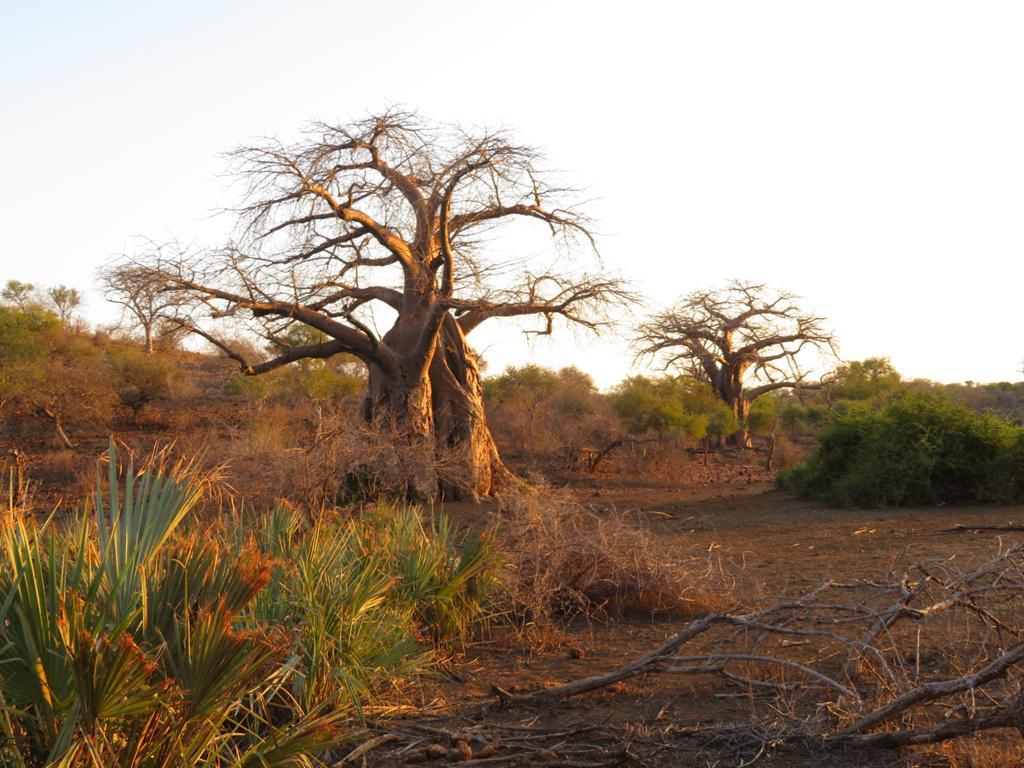
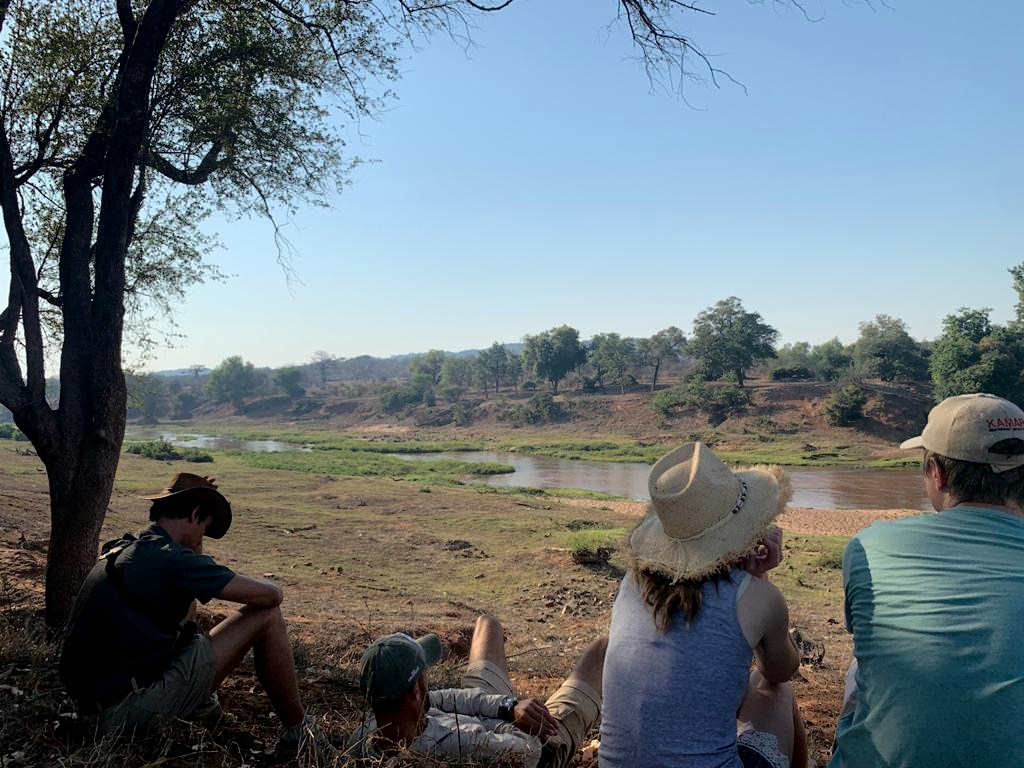
Our Mirjam and Kerstin were lucky to experience this kind of unexplored nature by theirselves and travelled to this magical area. The Pafuri Kruger gate is by the way the northern gate of the Kruger Nationalpark.
The Makuleke Concession borders the Kruger National Park and is famous as it was the first successful land claim in the history of South Africa. The Makuleke area was forcibly taken from the Makuleke people by the Apartheid South Africa government in 1969 and about 1500 of them were relocated to land to the South so that their original tribal areas could be integrated into the greater Kruger National Park. The land was given back to them in 1998 and the Makuleke people decided to invest in tourism.
Two lodges are based in the concession now: RETURNAfrica Pafuri Camp and The Outpost. As part of the agreement the lodges employ Makuleke people and pay a concession fee to the tribe to uplift the community. From the rental first generated, the community was able to electrify three villages, build a school, and upgrade five others.
About the lodges:
Pafuri Luxury Tented Camp is a comfortable luxury safari accommodation, which stretches along the Luvuvhu River on raised wooden walkways. The camp has 19 designer tents with en-suite bathrooms including indoor and outdoor showers. There are seven ‘family tents’ that sleep families of four. All the tents offer gorgeous views over the Luvuvhu River. A bush bar, swimming pool and al-fresco dining area offer everyday entertainment, and there’s plenty of space to unwind beneath the branches of the giant trees embracing the camp.
The Outpost is a luxury lodge set high in sandstone hills overlooking the Luvuvhu River. Its design is contemporary, with a feel of steel and canvas and lots of space. It consists of luxury stand-alone rooms, all with stunning views over the northern Kruger wilderness. The rooms are connected by a raised walkway. Besides the usual game drives and walks, The Outpost organises trips to Thulamela and Lanner Gorge along the Luvuvhu River.
The best way to experience this diverse area is by foot on a walking safari where you get in touch with nature. This is why Mirjam and Kerstin explored the area on game drives as well as on a beautiful 3 hours bush walk.
Two lodges are based in the concession now: RETURNAfrica Pafuri Camp and The Outpost. As part of the agreement the lodges employ Makuleke people and pay a concession fee to the tribe to uplift the community. From the rental first generated, the community was able to electrify three villages, build a school, and upgrade five others.
About the lodges:
Pafuri Luxury Tented Camp is a comfortable luxury safari accommodation, which stretches along the Luvuvhu River on raised wooden walkways. The camp has 19 designer tents with en-suite bathrooms including indoor and outdoor showers. There are seven ‘family tents’ that sleep families of four. All the tents offer gorgeous views over the Luvuvhu River. A bush bar, swimming pool and al-fresco dining area offer everyday entertainment, and there’s plenty of space to unwind beneath the branches of the giant trees embracing the camp.
The Outpost is a luxury lodge set high in sandstone hills overlooking the Luvuvhu River. Its design is contemporary, with a feel of steel and canvas and lots of space. It consists of luxury stand-alone rooms, all with stunning views over the northern Kruger wilderness. The rooms are connected by a raised walkway. Besides the usual game drives and walks, The Outpost organises trips to Thulamela and Lanner Gorge along the Luvuvhu River.
The best way to experience this diverse area is by foot on a walking safari where you get in touch with nature. This is why Mirjam and Kerstin explored the area on game drives as well as on a beautiful 3 hours bush walk.
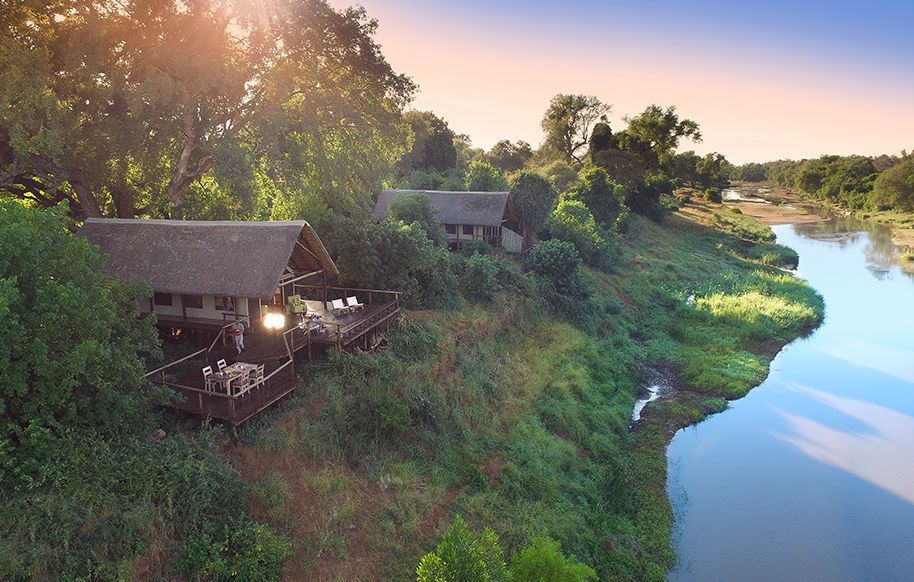
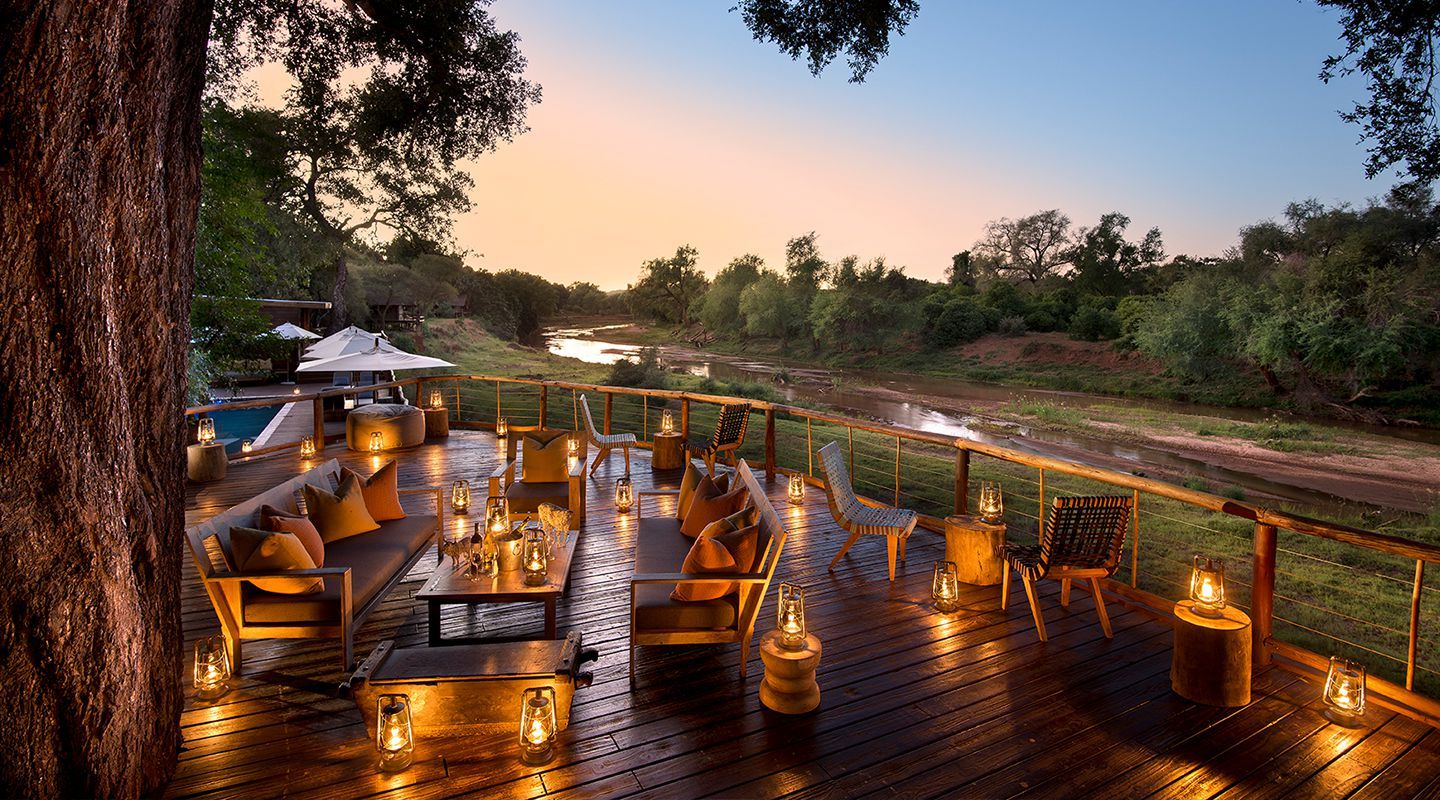
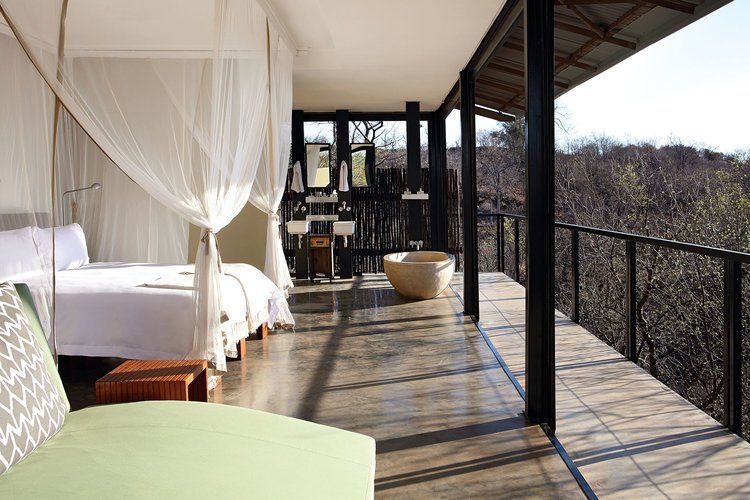
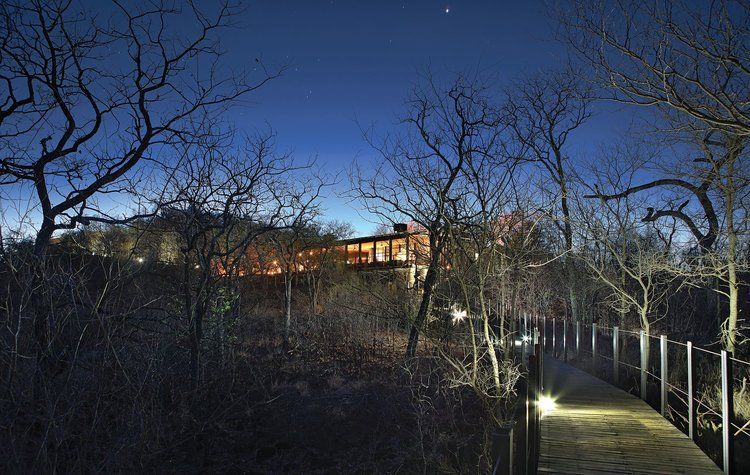
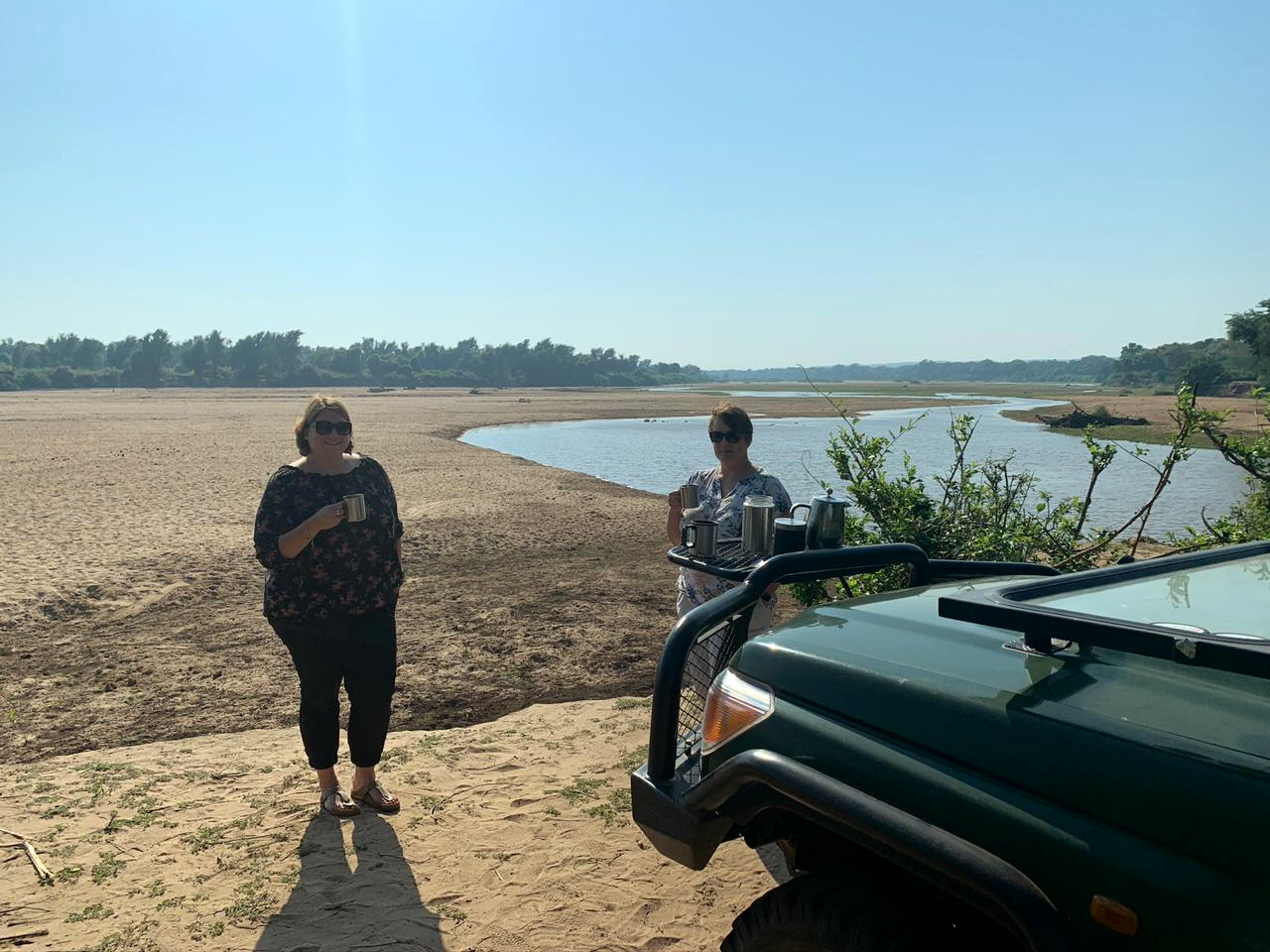
In the mornings our Mirjam and Kerstin enjoyed a coffee at Crooks Corner, where Zimbabwe, Mozambique and South Africa meet - and the Limpopo and Luvuvhu river. In the afternoon they enjoyed the typical sundowner drink – a Gin & Tonic – with a view over the Lanner Gorge which was carved by the Luvuvhu river. Can you imagine something better? :)
All the wildlife that one would expect to see can potentially be encountered on the concession. Plains game such as zebra, kudu and impala are common, while lions and leopards are a special sighting. Herds of elephant and African buffalo, nyala antelope can be seen.
Let us plan your amazing trip to this region! It can be easily combined with the Mapupungubwe National Park (stay tunes for the next blog post) and the Southern part of Kruger – as well as Botswana, Zimbabwe and Mozambique.
Just send us an email to "info@amazing-africa.co.za"
Just send us an email to "info@amazing-africa.co.za"
